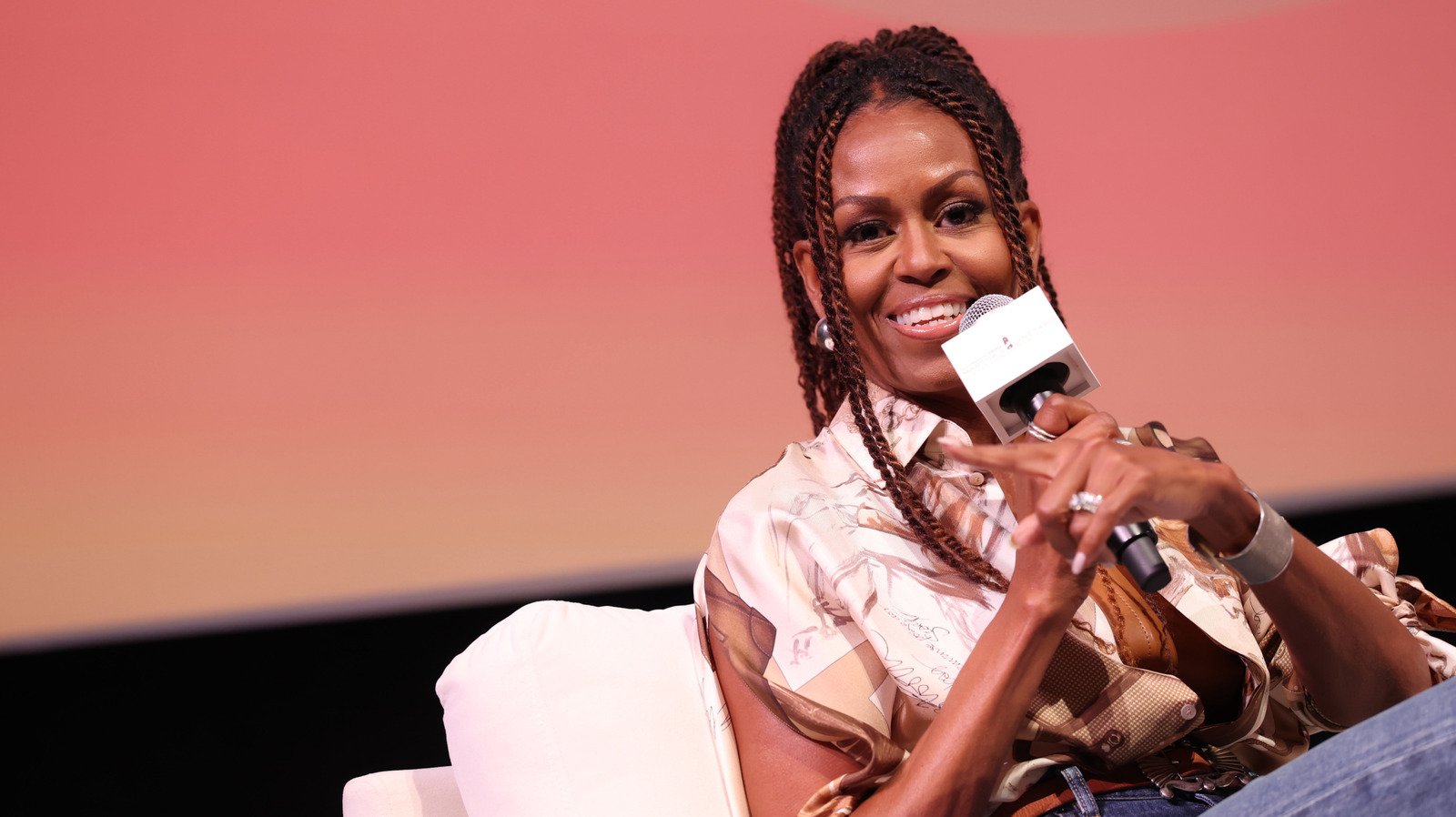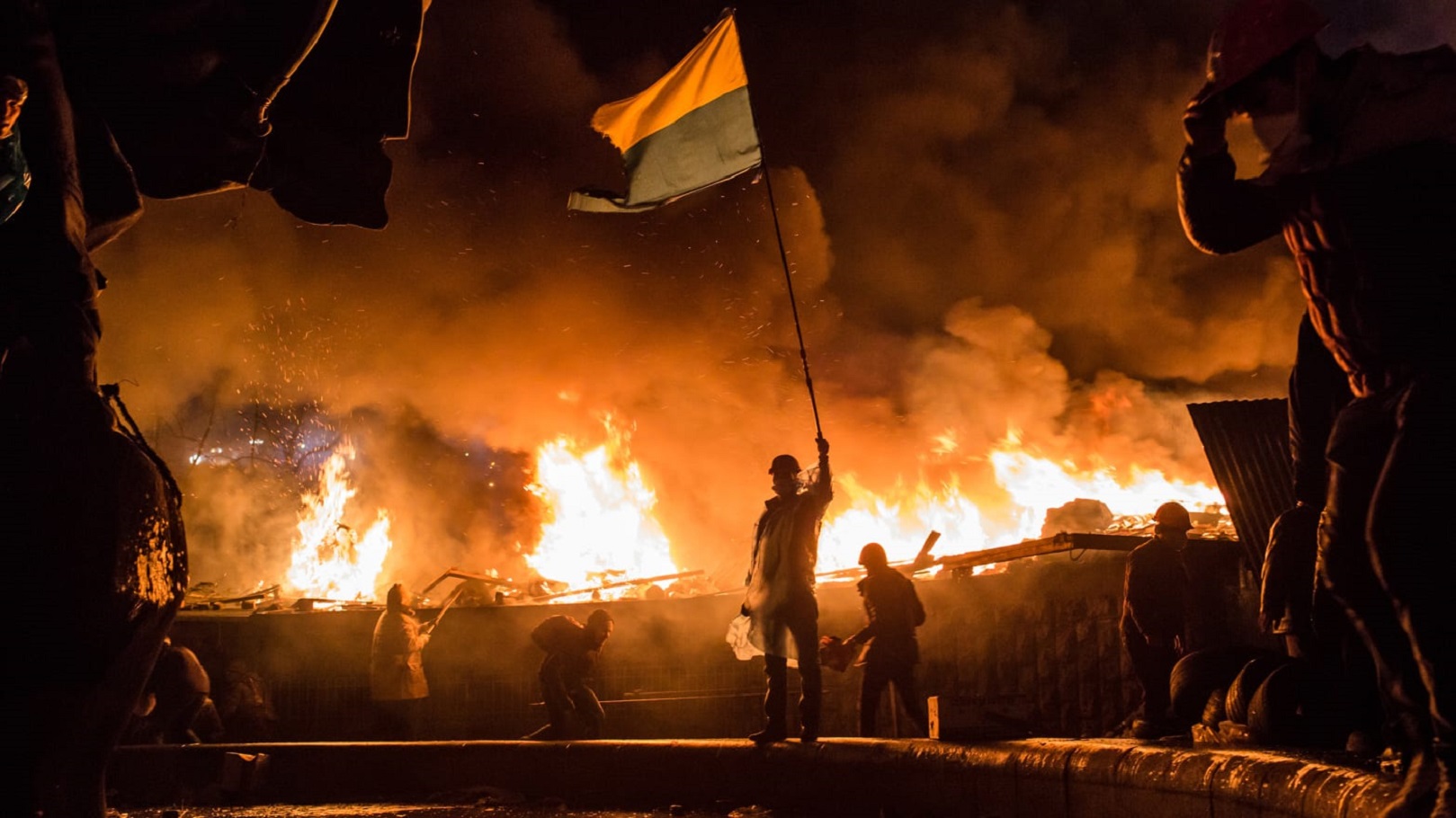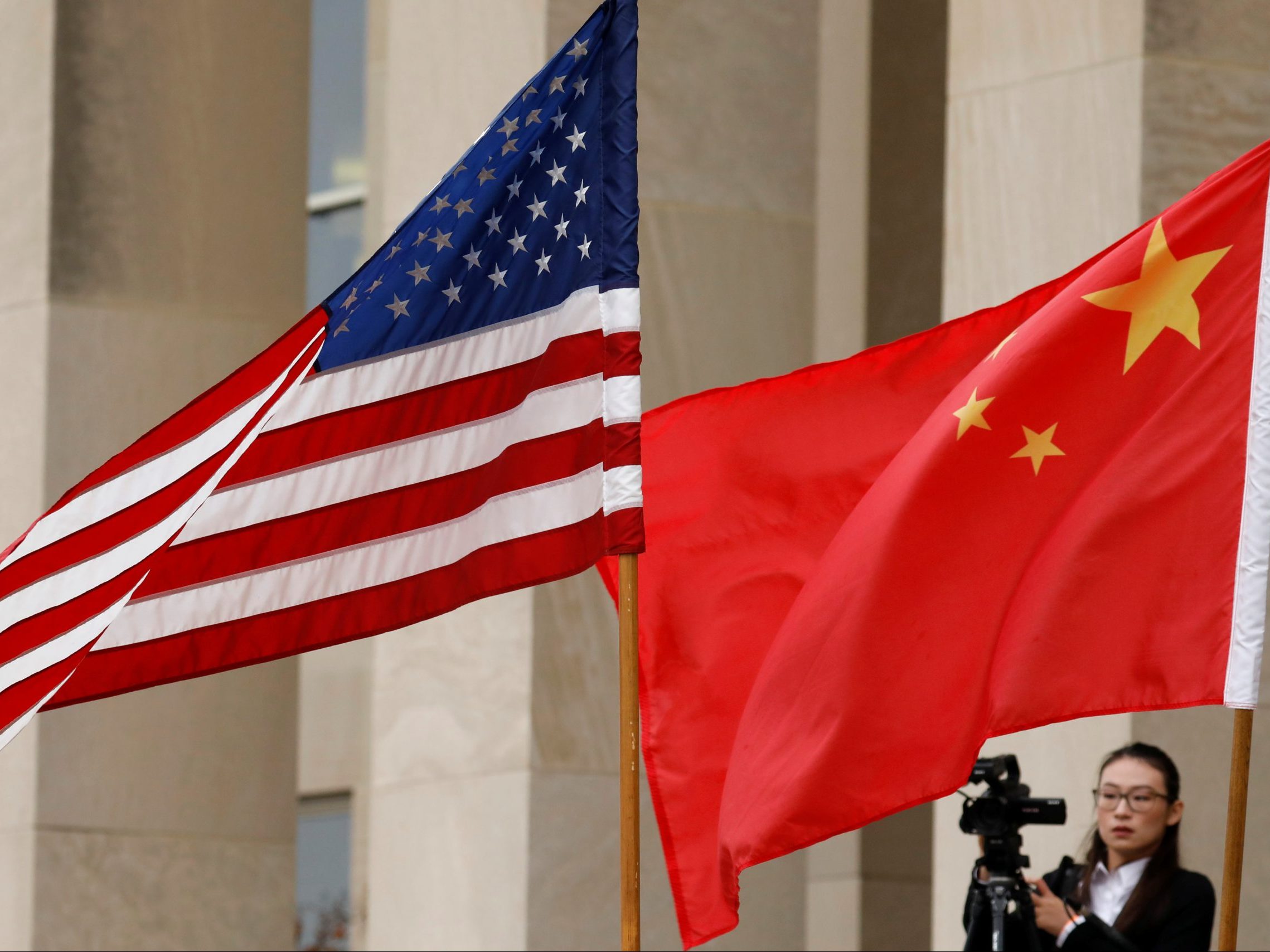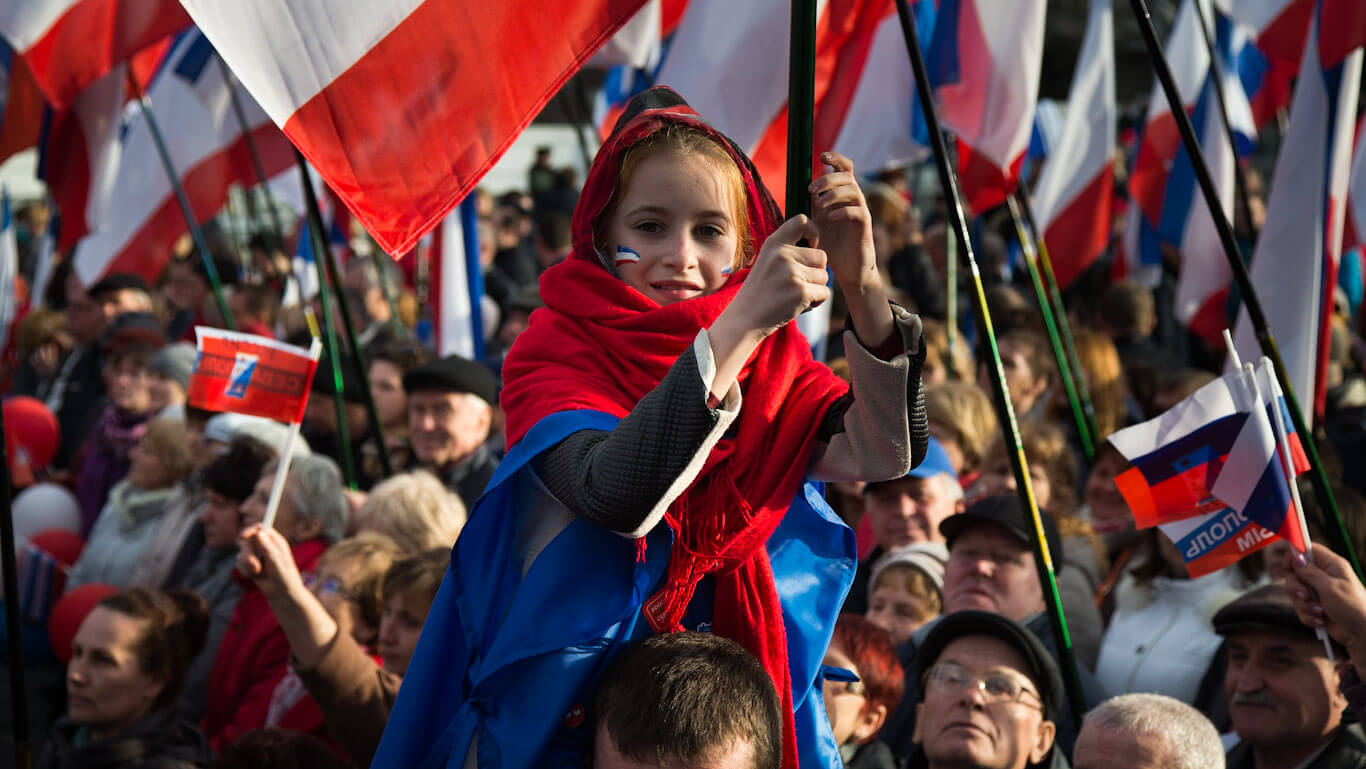Yes — Viktor Yanukovych (President of Ukraine, 2010–2014) was widely described in Western and Ukrainian political discourse as being a “Putin puppet” or Kremlin-aligned leader. He was closely tied to Moscow, but he also tried at times to balance between Russia and the West.
Well, if the western mainstream propaganda machine says it, it -must- be true, eh? But I see that you have enlisted some AI to aid you in your quest for evidence for your position. Let's see how that goes...
AI Summary:
Evidence that Yanukovych was seen as pro-Putin / Kremlin’s man
- Political Backing from Russia
- In the 2004 Ukrainian presidential election (the one that triggered the Orange Revolution), Russia and Putin strongly supported Yanukovych. Putin personally congratulated him before votes were even fully counted.
- After the protests forced a revote that Yanukovych lost, Putin and Russian media openly criticized the process as Western interference.
I see you didn't provide any sources. If you're using ChatGPT, you can just ask for sources and it'll give them to you. Anyway, I fully admit I haven't studied up on the 2004 election, so I'll give this one a pass simply because I don't have better at the moment. My focus is late 2013 and after.
Party of Regions and Kremlin Ties
- Yanukovych’s Party of Regions was based in the Russophone east and south of Ukraine, with financial ties to oligarchs who had strong economic links to Russia.
- Leaked diplomatic cables (published by WikiLeaks and reported in 2010) suggested U.S. diplomats believed the Party of Regions had extensive ties to Russian political consultants and interests.
I see your AI makes no mention of -western- influence in Ukraine. You know, things like this:
**
2008
US Secretary of State Condoleeza Rice and Ukrainian Foreign Minister Volodymyr Ohryzko sign the US-Ukraine Charter on Strategic Partnership,the charter “emphasizes the continued commitment of the United States to support enhanced engagement between NATO and Ukraine”.
**
Source:
As Russia actually do launch an invasion or “special operation” in Ukraine, we thought now was a good time to recap on how we got here. The historical, political and ethnic divisions in…

off-guardian.org
Policies in Office (2010–2014)
- Signed deals deepening Ukraine’s energy dependency on Russia, particularly the 2010 Kharkiv Pact extending Russia’s Black Sea Fleet presence in Crimea until 2042 in exchange for discounted gas.
So Ukraine decides to let Russia's Black Sea Fleet stay in Crimea in exchange for discounted gas. What's the issue? You think the U.S. doesn't have access to ports all over the world for its own navy?
Policies in Office (2010–2014)
- ...
- His government prosecuted pro-Western figures (like Yulia Tymoshenko) while improving ties with Moscow.
Admittedly, I know little of Yulia. I read a fair amount of her entry on Wikipedia just now:

en.wikipedia.org
Wikipedia being my only source on her at the moment, it does look like she was wrongly accused.
In late 2013, [Yanukovych] abruptly rejected an EU Association Agreement under heavy Russian pressure (and reported promises of financial aid from Putin), sparking the Euromaidan protests.
I've covered this already, but I suspect you never read what I quoted, so once more:
**
SEPTEMBER
The Ukrainian cabinet unanimously approves the draft of the long-awaited
Ukraine-EU Association Agreement. Yanokuych is expected to officially sign the agreement at the EU’s “Eastern Partnership Summit” in Vilnius on November 28th and 29th.
Russia – Ukraine’s major creditor and biggest trade partner – warns that this treaty would “cause chaos”, break the terms of an existing treaty between Ukraine and Russia, and lead to Ukraine’s economy collapsing. As a counteroffer, they suggest Ukraine sign a new deal with the Eurasian Economic Union.
NOVEMBER
The Ukrainian government issues a decree suspending preparations for the association agreement (AA).
Deputy Prime Minister Yuriy Boyko warns the current terms of the agreement would
“seriously damage the economy”.
“Pro European” demonstrations begin in Maidan square within days of the decree being issued. A poll run by the Kyiv Post finds an even split on joining the EU vs the Eurasian customs union:
39% for, 37% against.
Yanukovych attends the Eastern Partnership Summit on the 28th, but does not sign the Association Agreement, instead suggesting a new tri-lateral agreement between Ukraine, Russia and the EU. Russia is open to negotiating such a deal, but
EU rejects this offer completely.
Despite not signing the AA, Yanukovych tells the press that Ukraine still intends to work for closer ties with the EU:
“an alternative for reforms in Ukraine and an alternative for European integration do not exist…We are walking along this path and are not changing direction”.
Prime Minister Mykola Azarov echoed this:
“I affirm with full authority that the negotiating process over the Association Agreement is continuing, and the work on moving our country closer to European standards is not stopping for a single day”.
Nevertheless, this is ubiquitously covered in the Western media as Yanukovych
“refusing to sign the association agreement in favour of closer ties with Russia”.
**
Source:
As Russia actually do launch an invasion or “special operation” in Ukraine, we thought now was a good time to recap on how we got here. The historical, political and ethnic divisions in…

off-guardian.org
Personal Relations with Putin
- Putin invested significant political capital in Yanukovych, meeting him often and treating him as a reliable partner.
- Russia offered a $15 billion bailout package to Yanukovych’s government in December 2013 to keep Ukraine in its orbit.
The U.S. does the same type of thing all the time. They've even got a method for doing it:
A fully developed strategy for using foreign aid across all sectors—economic, education, security assistance, and democracy support—can provide critical reinforcement to the military and economic pillars of strategic competition.

www.atlanticcouncil.org
Quoting a relevant line from the above article:
**
For more than fifty years, foreign aid has been a core form of US engagement in the developing world. To advance its interests, the United States has provided loans, technical assistance, and direct budget support to developing nations to promote economic growth and more representative forms of governance.
**










